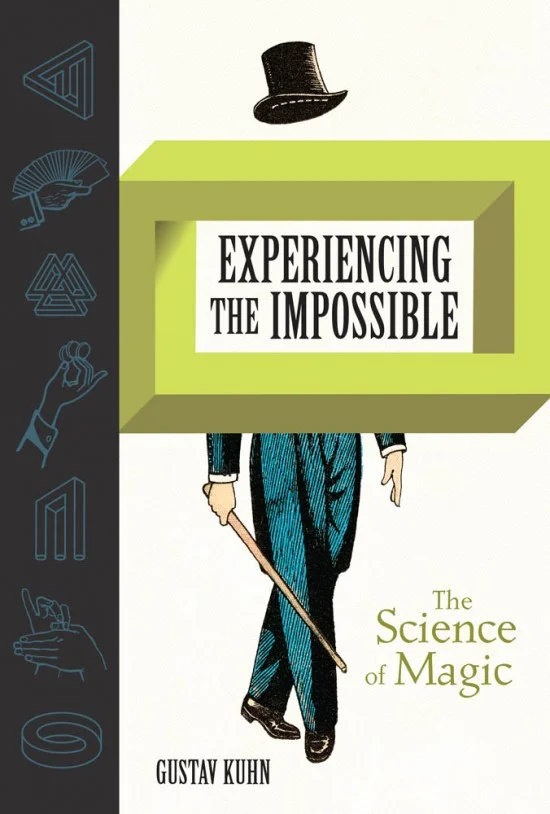The BBC takes a look at why we like magic.
The article is inspired by a recently released book by Dr. Gustav Kuhn from the University of London: Experiencing the Impossible: The Science of Magic. Using science to investigate magicians and how magic works has become rather popular lately. Magicians are, at their core, empiricists. A trick either fools people or it doesn’t. It generates astonishment and applause or it doesn’t. And psychologists are now excited to explore the why behind the how.
But why is magic exciting for us, even when the unexplainable can be deeply discomfiting? As Dr. Kuhn puts it:
“Dr Kuhn likens the appeal of a magic trick to that of a horror film.
If such bloodshed was seen in real life, he says, it would be traumatic and awful, but when it’s shown in the safety of a movie, the fear becomes something that people can enjoy.
Likewise, if we were confronted with something which disorientated and distorted our senses, it would be deeply disturbing, but when it’s put into the context of a magic trick, it becomes entertaining and amusing.
The fact that we know it’s not real is an essential part of making it an enjoyable sensation.”



